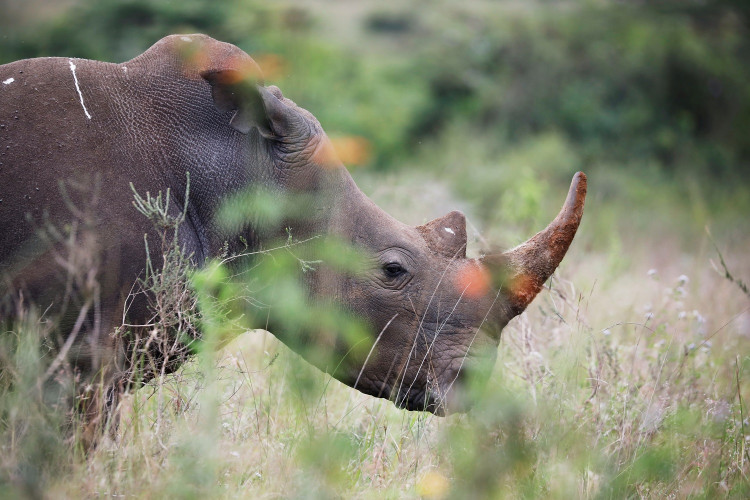The Earth's sixth mass extinction on wildlife is rapidly accelerating, according to a study published in the journal Proceedings of the National Academy of Sciences (PNAS) Monday. Researchers had used data from the IUCN Red List of Threatened Species and BirdLife International to identify approximately 515 species of amphibians, reptiles, birds, and mammals with populations under 1000. The study found that these species are all disappearing at 100 times faster than the average rate.
"Based on our research and what we're seeing, the extinction crisis is so bad that whatever we do in the next 10 to 50 years is what will define the future of humanity," Professor Gerardo Ceballos of the National Autonomous University of Mexico, who worked on the study, told the BBC.
Except for Antarctica, the animals on the verge of extinction are found in all continents of the globe and include the Spanish imperial eagle, the Javan rhinoceros, the Ethiopian wolf, and the golden lion tamarin. We are losing wildlife because of toxic pollution, overhunting, habitat destruction, invasion of other species, and climate change. But if you really think about it, what's causing all of these factors is actually us humans. We have overpopulated the planet and overconsumed the Earth's resources.
Scientists have described the extinction as a threat to human civilization, claiming that it is their job to bring awareness to the loss of biodiversity on Earth. They have issued a warning that the mass extinction will affect humans the most, who are heavily reliant on biodiversity in order to survive.
Our planet has gone through five mass extinctions throughout history. Ordovician made 86% of all marine species disappeared. Devonian killed off 75% of all species. Permian is considered the worst extinction event so far, with an extinction rate of 96%. The Triassic extinction 201 million years ago made 80% of all species disappeared. And the most famous, which included the extinction of the dinosaurs, happened 65 million years ago at the end of the Cretaceous period, killing off 76% of all species.
A new problem we have to contend with is that previous extinctions had taken hundreds of years before it occurred, but now it will take mere decades. This means that we are losing hundreds of species in a very short amount of time, which will affect how we live.
Each time, the Earth was able to bounce back, though it took millions of years to restore wildlife. But the scientists behind the study insist we can still prevent the sixth mass extinction from happening through conservation efforts.






